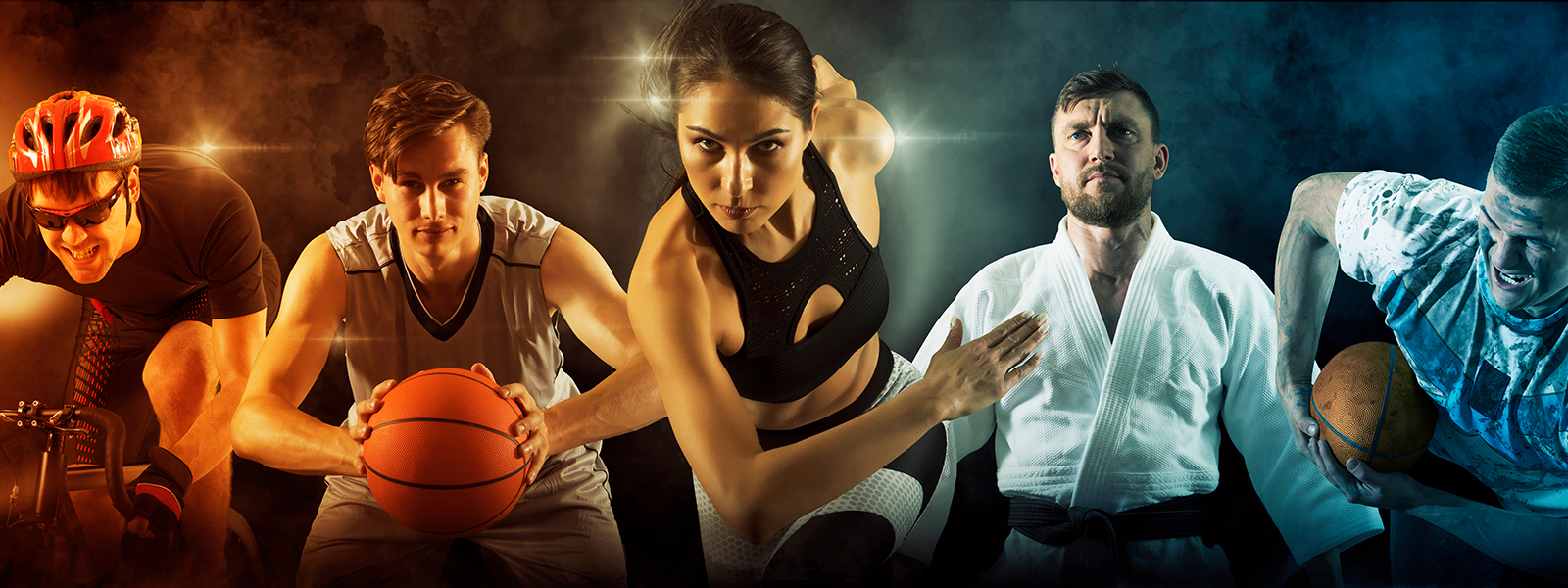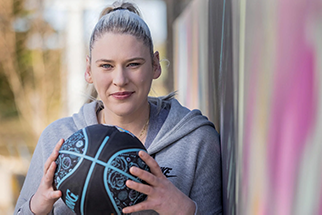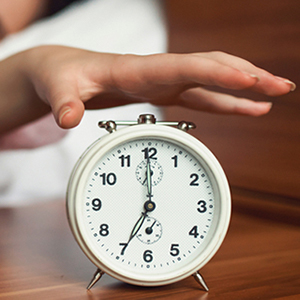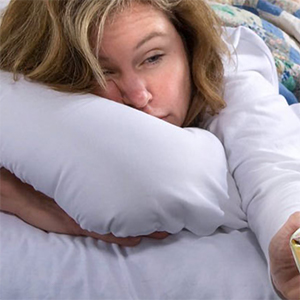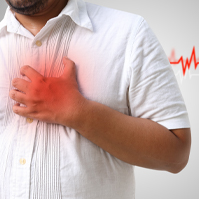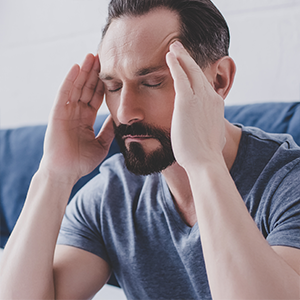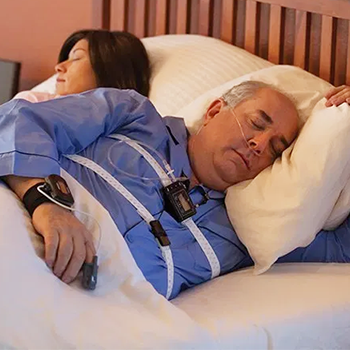Sleep Health & Fitness
Sleep is an essential component to your competitive edge!
Regardless of what you would like to achieve in your athletic or sports performance, whether it is maintaining your current fitness level, improving your performance at the gym, or even training for a marathon, all these goals require a good night’s sleep.
Sleep is the time when your body is recovering, so it makes sense that without an adequate amount of quality sleep, your body will not be able to repair itself properly.
While quality sleep has many positive effects on athletic performance, a lack of sleep is detrimental to performance. A great number of concerns can arise when athletes do not receive adequate sleep.
Poor sleep not only has a physical effect, but several studies show that our executive functions are impacted by a lack of sleep, which will contribute to a decrease in reactive speed, fast-paced decision making and learning processes.
If you think you may be suffering from sleep deprivation take our quick quiz and check out the common symptoms of sleep apnea.
Check Your Risk Score Symptoms of Sleep Apnea
Male and female tennis players had decreased serve accuracy of up to 53% after sleep deprivation.9
Chronic lack of sleep is associated with increased risk of injury.12
Lack of sleep shows adverse affects in reaction time in athletes.11
Poor sleep quality has been proven to contribute to faster rates of exhaustion.10
Why Sleep Matters
- Getting good quality sleep results in more production of growth hormone which is very important for athletic recovery.
- Sleep gives the body time to not only repair, conserve energy and build up the muscles you have worked during a workout.
- Deep sleep is particularly important in providing energy to the body (physical rest) and brain (psychological rest).
- Sleep allows your heart to rest2 and cells and tissue to repair and promotes cardiovascular health3.
- During sleep, your body produces cytokines, preventing or helping you recover from illness.
- Quality sleep contributes to improved reflexes and accuracy.
- Sleep helps everyone to retain and consolidate memories when practicing and learning new skills, contributing to improved performance in the future.4
- Sleep is also essential for cognitive processing, decision making and adapting to new situations.
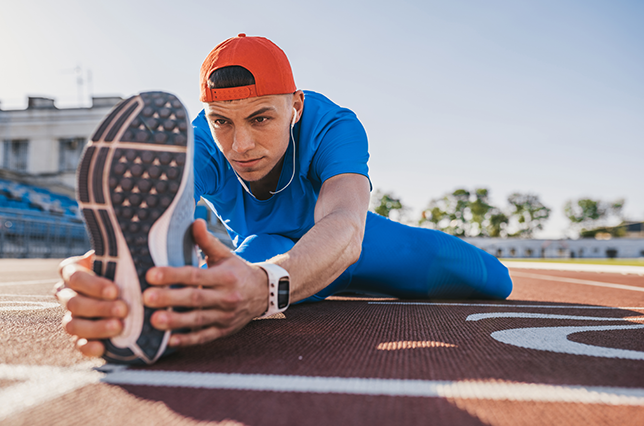
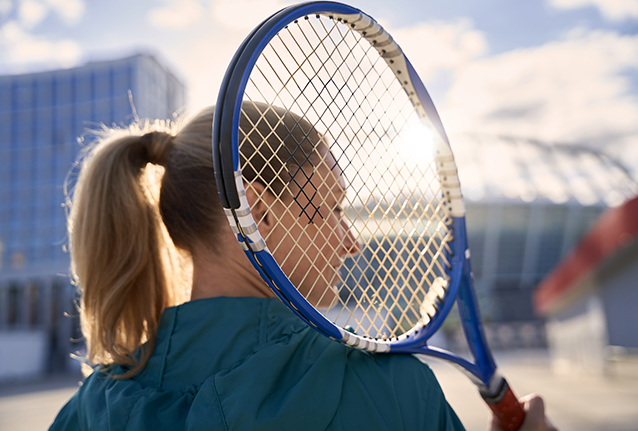
Does More Sleep Improve Athletic Performance?
A Stanford University study of men’s basketball players who extended their sleep to 10 hours a night found several positive outcomes. The players ran faster in both half-court and full-court sprints. Their shooting improved by at least 9%6 for both free throws and three-point shots. The athletes also reported improved physical and mental well-being.
Male and female swimmers who extended their sleep to 10 hours also saw many performance improvements. Reaction times off diving blocks were faster7, turn times were improved, and kick strokes increased. Times swimming a 15-meter sprint also improved. Additionally, these athletes experienced improved mood and decreased daytime sleepiness and fatigue.
For those running enthusiasts, sleep deprivation can reduce your endurance: you cover approximately 3% less distance on a lack of sleep and not being well rested.
For those who love resistance/weight training, a lack of sleep can reduce your muscle strength output you need to lift heavy weights.
The Cost of Poor Sleep on Sports Performance
- Inhibited ability. In a study of male team-sport athletes who were sleep-deprived, average total sprint times decreased.8
- Decreased accuracy. After sleep deprivation, male and female tennis players had decreased serve accuracy of up to 53% when compared to performance after normal sleep.9
- Lower levels of endurance. In a study of male runners and volleyball players, both groups of athletes exhausted faster after sleep deprivation.10
- Decreased reaction time. A lack of sleep adversely affected reaction time in a studied group of male collegiate athletes.11
- Difficulty learning and decision making. Executive functions are impacted by a lack of sleep. Choices such as passing the ball or taking it to the net yourself can be more difficult or made too late.
- Risk of injury. Research of middle and high school athletes revealed that a chronic lack of sleep is associated with increased rate of injury.12
- Risk of illness and immunosuppression. Poor sleep habits are associated with lower resistance to illness, such as the common cold.13
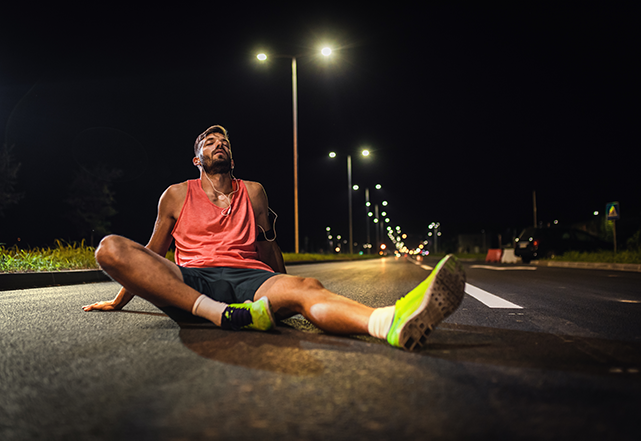
Australian WNBA legend and Olympian Lauren Jackson teams up with ResMed
Lauren Jackson is perhaps best known for her achievements on the basketball court and for being arguably Australia’s finest ever basketballer. However, behind all her success, was also someone who has long been struggling with getting a good night’s sleep.
By teaming up with ResMed, Lauren wants to end the stigma of sleep issues for others by sharing her lived experiences of poor sleep. Her aim is to talk about them in both an empowering and vulnerable way so that more people can feel comfortable reaching out for help – just as she has.
Learn More About Lauren's Advocacy on the ResMed Website
Don't let poor sleep steal your game!
Our team is here to help you get your life back on track and start reaching your goals. If you are feeling the discomfort of sleep deprivation or sleep apnea it could be time you talk to your GP and get tested today!
Download GP Referral Book an Appointment
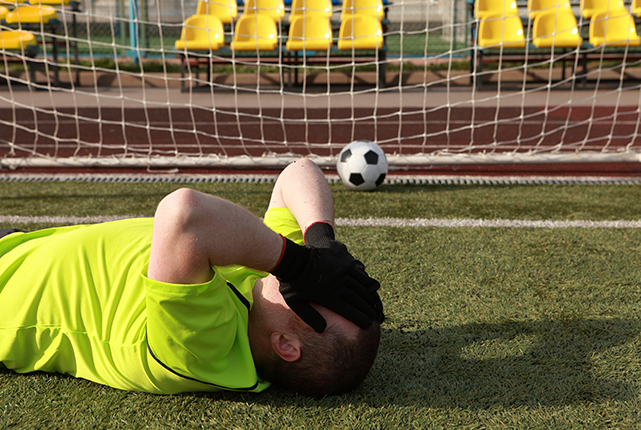
References:
1. Division of Nutrition, Physical Activity, and Obesity, National Center for Chronic Disease Prevention and Health Promotion. (2020, December 2). Benefits of Physical Activity. Centers for Disease Control and Prevention. Retrieved January 18, 2021, from https://www.cdc.gov/physicalactivity/basics/index.htm
2. MedlinePlus: National Library of Medicine (US). (2020, April 16). Healthy Sleep. Retrieved January 18, 2021, from https://medlineplus.gov/healthysleep.html
3. National Heart, Lung, and Blood Institute. (2011, January). Your Guide to Healthy Sleep. Retrieved January 18, 2021, from https://www.nhlbi.nih.gov/health-topics/all-publications-and-resources/your-guide-healthy-sleep
4. National Institute of Neurological Disorders and Stroke. (2019, August 13). Brain basics: Understanding sleep. Retrieved January 18, 2021, from https://www.ninds.nih.gov/Disorders/Patient-Caregiver-Education/Understanding-Sleep
5. O'Donnell, S., Beaven, C. M., & Driller, M. W. (2018). From pillow to podium: a review on understanding sleep for elite athletes. Nature and science of sleep, 10, 243–253.https://doi.org/10.2147/NSS.S158598
6. Mah, C. D., Mah, K. E., Kezirian, E. J., & Dement, W. C. (2011). The effects of sleep extension on the athletic performance of collegiate basketball players. Sleep, 34(7), 943–950.https://doi.org/10.5665/SLEEP.1132
7. Vitale, K. C., Owens, R., Hopkins, S. R., & Malhotra, A. (2019). Sleep Hygiene for Optimizing Recovery in Athletes: Review and Recommendations. International journal of sports medicine, 40(8), 535–543. https://doi.org/10.1055/a-0905-3103
8. Skein, M., Duffield, R., Edge, J., Short, M., & Mundel, T. (2011). Intermittent-Sprint Performance and Muscle Glycogen after 30 h of Sleep Deprivation. Medicine & Science in Sports & Exercise, 43(7), 1301–1311. https://doi.org/10.1249/mss.0b013e31820abc5a
9. Reyner LA, Horne JA. Sleep restriction and serving accuracy in performance tennis players, and effects of caffeine. Physiol Behav. 2013 Aug 15;120:93-6. https://pubmed.ncbi.nlm.nih.gov/23916998/
10. Azboy O, Kaygisiz Z. Effects of sleep deprivation on cardiorespiratory functions of the runners and volleyball players during rest and exercise. Acta Physiol Hung. 2009 Mar;96(1):29-36. https://pubmed.ncbi.nlm.nih.gov/19264040/
11. Taheri M, Arabameri E. The effect of sleep deprivation on choice reaction time and anaerobic power of college student athletes. Asian J Sports Med. 2012 Mar;3(1):15-20.https://pubmed.ncbi.nlm.nih.gov/22461961/
12. Milewski MD, Skaggs DL, Bishop GA, Pace JL, Ibrahim DA, Wren TA, Barzdukas A. Chronic lack of sleep is associated with increased sports injuries in adolescent athletes. J Pediatr Orthop. 2014 Mar;34(2):129-33. https://pubmed.ncbi.nlm.nih.gov/25028798/
13. Prather AA, Janicki-Deverts D, Hall MH, Cohen S. Behaviorally Assessed Sleep and Susceptibility to the Common Cold. Sleep. 2015 Sep 1;38(9):1353-9. https://pubmed.ncbi.nlm.nih.gov/26118561/

Your Sleep Health Journey


